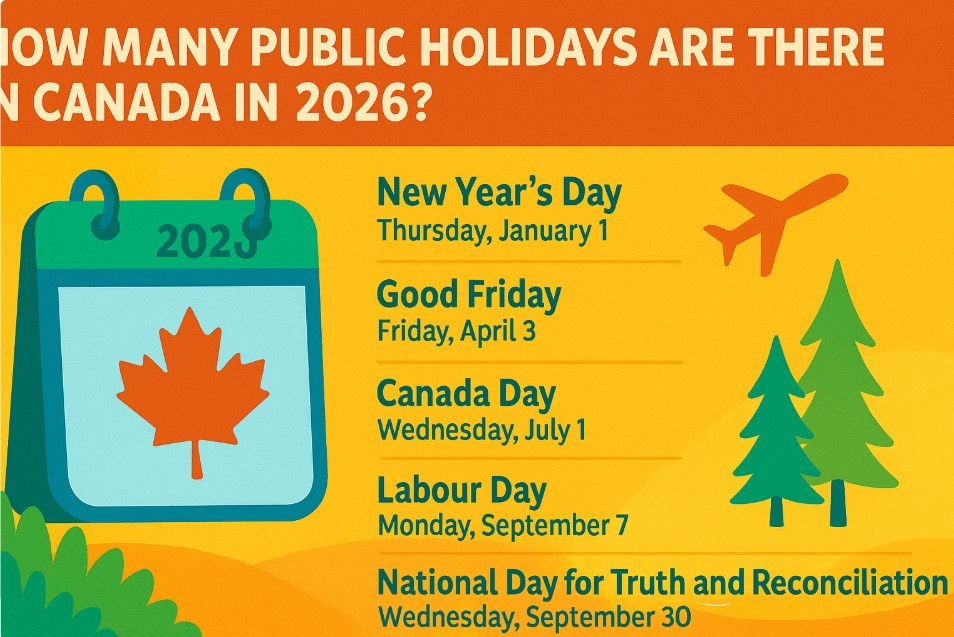Saudi Arabia Calendar 2025 - List of Public Holidays, Festivals And Celebrations
Holidays and Festivals in Saudi Arabia: A Snapshot
While Saudi Arabia may seem less festive compared to other nations, it hosts several meaningful holidays and cultural events. The country officially observes two major Islamic holidays: Eid ul-Fitr, marking the end of Ramadan, and Eid al-Adha, celebrated around 70 days later. Both are deeply rooted in religious tradition and widely celebrated across the Kingdom.
One of the few fixed-date holidays is Saudi National Day, commemorating the unification of modern Saudi Arabia in 1932. However, the country’s most vibrant cultural event is the Janadriyah National Festival, held every February just outside Riyadh. For two weeks, visitors experience horse and camel races, traditional crafts, poetry recitals, and folkloric performances, making it Saudi Arabia’s largest cultural celebration.
Milad al-Nabi, the Prophet Muhammad’s birthday, is also widely observed. Homes and mosques are beautifully decorated, elders share stories about the Prophet’s life, and festive street processions and feasts are common.
For travelers, the Jeddah Festival is a summer highlight. Held in June and July along Jeddah’s scenic Corniche, this event features over 200 activities, from fireworks and cultural shows to food fairs and artisanal markets, making it Saudi Arabia’s most tourist-friendly festival.
Learn more: 2025 UAE Calendar - Full List of the National Holidays, Observances And Celebrations
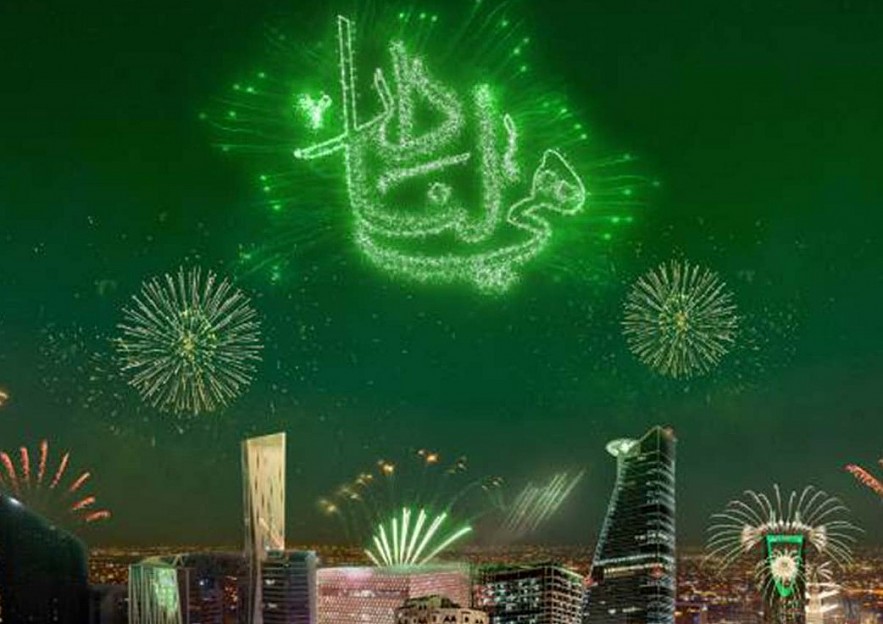 |
| Holidays in Saudi Arabia |
List of Public Holidays and Observances in Saudi Arabia for 2025
We provide a comprehensive overview of Saudi public holidays in 2025, highlighting their significance and cultural importance.
Founding Day, National holiday, 22 Feb Saturday
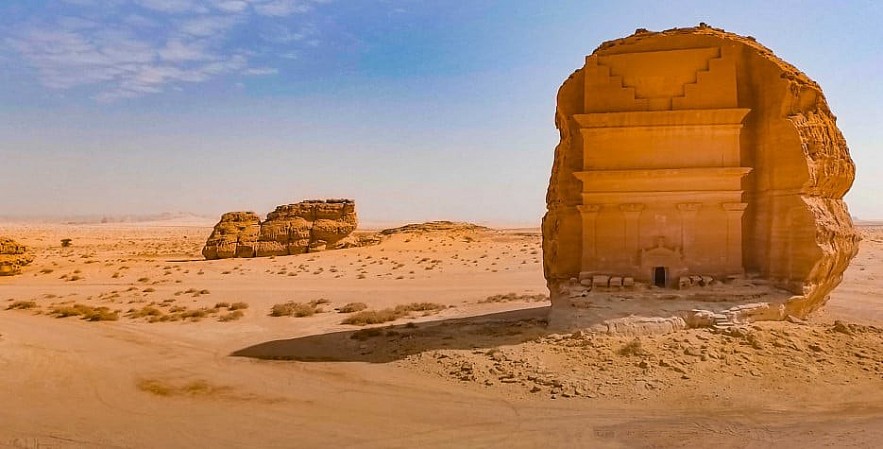 |
| Mada'in Saleh, Al Ula, Saudi Arabia |
On February 22, Saudi Arabia observes an official public holiday known as Foundation Day or Founding Day.
Imam Mohammad Bin Saud established the Holiday in 2022 to commemorate the establishment of the first Saudi state, Diriyah. The first Saudi state was established in 1977, despite the fact that he rose to power in 1727.
This day commemorates the historical significance of the Saudi state's origins, honoring the principles of unity and governance that were established during that period. Cultural festivals are frequently featured at events, where they exhibit traditional crafts, music, and cuisine. Special events are frequently organized by cities to inform the younger generation about Saudi history, thereby creating a significant day for both reflection and celebration.
Founding Day is not intended to replace Saudi National Day (September 23rd), which commemorates the unification of the Kingdom of Saudi Arabia in 1932. Rather, it is a new event that acknowledges the beginning of the Saudi state's history and celebrates the Kingdom's deep historical roots.
1 Mar Saturday, Ramadan begins (Tentative Date), Observance
The ninth month in the Islamic calendar is called Ramadan, sometimes referred to as Ramadhan or Ramzan. Muslims all across the world dedicate this time to prayer, fasting, charitable giving, and religious observance. Since it marks the occasion when the Prophet Muhammad (also known as Muhammad or Muhammad) received the first revelations of the Koran (also known as the Qu'ran), the final third of Ramadan is especially sacred.
Despite being a working Saturday, March 1, 2025, is when Ramadan begins. In Saudi Arabia, most businesses operate during regular business hours.
11 Mar Tuesday, Flag Day, Observance
On March 11, the Kingdom celebrates Saudi Flag Day, which is a new national holiday made by the king. The event represents the values of the national standard, which has been with the country since it was founded in 1727.
To be exact, March 11, 1937, or September 27, 1355, in Islamic time, was the day that King Abdulaziz approved the flag of the kingdom.
A sword, which stands for strength and justice, is also on the flag. When looked at as a whole, the Saudi flag shows that the country is united, cohesive, and proud. It also shows how high, glorious, and important the Kingdom is in the world, as well as how deep its history goes.
Saudis see their flag as a sign of their faith, their country, their people, unity, brotherhood, solidarity, and goodness, as well as of Islam, peace, and one god. It has both official and common meanings that include love and brotherhood.
It also has symbolic meanings because of its size, color, and patterns that make people in Saudi Arabia think of it as having one size that fits their land, environment, and holy places.
Eid al-Fitr, National Holiday, April 8
Muslims worldwide celebrate Eid al-Fitr, the Festival of Fast-breaking, to end Ramadan. The holiday marks the end of Ramadan's 29 or 30 days of dawn-to-sunset fasting.
As Eid depends on the moon's sighting, the global date may vary. Eid Al-Fitr dates may not be announced until close to Ramadan.
People call Eid al-Fitr the “Festival of Breaking the Fast.” Fasting from dawn to sunset during Ramadan ("Sawm") is one of Islam's five pillars. Muslims believe Muhammad received the Qur'an during Ramadan.
Muslims pray "Salat Al Eid" on Eid Al-Fitr. The Eid call to prayer is silent. Muslims pray two "Rakat" prayers in mosques or open spaces. After prayers, the imam preaches for forgiveness, mercy, and peace for all.
Wearing new clothes, eating a date, and saying a takbeer on the way to the mosque are traditions.
Giving money to the poor (known as 'Zakat al-Fitr', depending on possessions), sending Eid greetings, and feasting with families are also important parts of Eid.
Many Muslims celebrate Eid al-Fitr to thank Allah for his strength and guidance during Ramadan to practice self-control.
Eid al-Fitr (End of Ramadan), National Holiday, 31 Mar Monday
The conclusion of Ramadan is marked by immense joy, commonly known as the “Festival of Breaking the Fast.” This holiday is deeply rooted in the teachings of Prophet Muhammad, highlighting the significance of charity and communal festivities that mark the end of this month-long observance.
This is a season for coming together in prayer, sharing bountiful meals, and extending generosity to those who require support. Families often don fresh attire and gather for prayers at mosques, culminating in joyous festive meals. Communities often come together to host vibrant fairs and events that celebrate cultural activities, featuring music, dance, and traditional games, all while nurturing a sense of unity.
1 Apr Tuesday Eid al-Fitr Holiday (Tentative Date) National holiday
It is a day off for the general population, and schools and most businesses are closed.
2 Apr Wednesday Eid al-Fitr Holiday (Tentative Date) National holiday
It is a day off for the general population, and schools and most businesses are closed.
3 Apr Thursday Eid al-Fitr Holiday (Tentative Date) National holiday
It is a day off for the general population, and schools and most businesses are closed.
Arafat Day (Tentative Date), National Holiday, 5 Jun Thursday
Arafat Day holds great importance for Muslims, serving as a day dedicated to fasting and deep reflection. Arafat Day takes place on the second day of Hajj, the sacred pilgrimage to Mecca, and is regarded as the most important day in the Islamic calendar.
This moment honors the last sermon of the Prophet Muhammad, given at Mount Arafat, where he emphasized equality and the significance of community.
Eid al-Adha (Tentative Date), National holiday, 6 Jun Friday
Eid al-Adha, celebrated after Arafat Day, is marked by prayers, communal feasts, and the cherished tradition of Qurbani (sacrifice). Eid al-Adha, often referred to as the “Festival of Sacrifice,” honors the profound commitment of Prophet Ibrahim (Abraham) to sacrifice his son in a demonstration of unwavering obedience to God. Families unite to enjoy meals, creating a moment for generosity, as many contribute meat to those in need. This festive season highlights the essence of togetherness and the joy of giving.
7 Jun Saturday, Eid al-Adha Holiday (Tentative Date), National holiday
It is a day off for the general population, and schools and most businesses are closed.
In 2025, it falls on a Saturday, and some businesses may choose to follow Saturday opening hours.
8 Jun Sunday, Eid al-Adha Holiday (Tentative Date), National holiday
26 Jun Thursday. Muharram (Muslim New Year), Observance
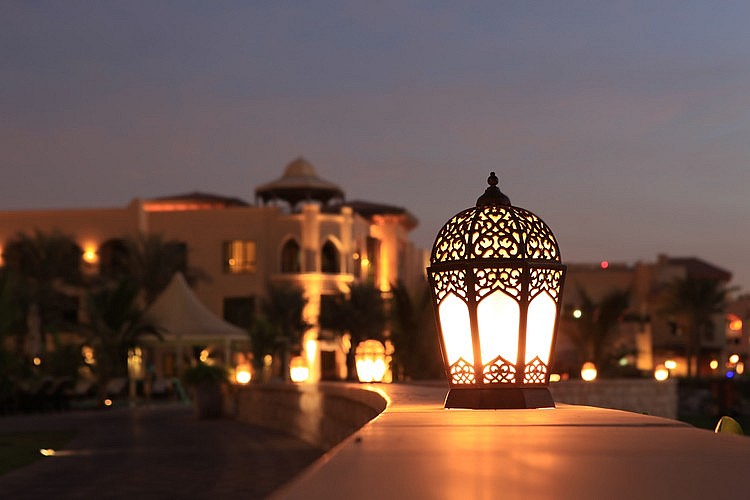 |
| A lantern is often used as a symbol for the month of Muharram, the Islamic month of mourning |
The Islamic New Year marks the beginning of Muharram, the inaugural month in the lunar Islamic calendar, distinct from the Gregorian calendar.
Muharram, marking the Muslim New Year, is not recognized as a public holiday. Businesses operate during standard opening hours.
Saudi National Day, National Holiday, 23 Sep Tuesday
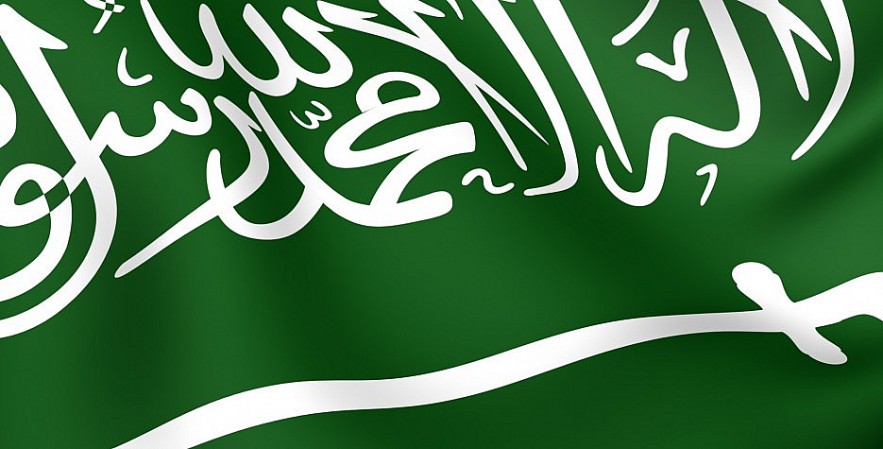 |
| Saudi Arabia National Day |
Every year on September 23rd, Saudi citizens seize the opportunity to showcase their national pride, honor their rich cultural heritage, and embrace the promise of the future. The Kingdom celebrates National Day with vibrant folk dances, enchanting songs, and lively traditional festivals. Saudi flags adorn the roads and buildings.
Recently, there has been a growing trend towards more creative celebrations, featuring light shows and interactive exhibitions that narrate the Kingdom’s evolution, enabling both residents and visitors to connect with Saudi history in a contemporary setting.
Locally referred to as Al-Yaom-ul-Watany, this significant date, September 23rd, 1932, commemorates King Abdulaziz's declaration of the country's unification as a kingdom.
When National Day lands on a Saturday, the following Sunday will be designated as a public holiday in compensation. If it lands on a Friday, the preceding Thursday will be a holiday. If these changes align with other holidays, an additional day of compensation will not be provided.
In Conclusion
Public holidays in Saudi Arabia play a vital role in the nation's cultural and religious traditions. The Kingdom celebrates a variety of official holidays, such as Eid al-Fitr and Eid al-Adha, marking the end of Ramadan and the Hajj pilgrimage, respectively.
Saudi National Day, observed on September 23rd, commemorates the unification of the Kingdom.
The holidays offer employees a chance to unwind and celebrate with loved ones, while also serving as a crucial element in managing absences and planning staff leave for organizations.
Grasping the significance of these public holidays is essential for organizations aiming to optimize leave management and sustain productivity year-round.
 Top 10 Most Handsome Arab Men In The World Top 10 Most Handsome Arab Men In The World Arab men are famous for their beauty. Who are the most handsome Arab men in the world? Let’s explore. |
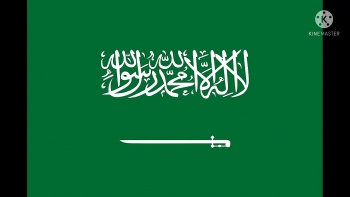 Saudi Arabia National Anthem: English Translation, Original Lyrics And History Saudi Arabia National Anthem: English Translation, Original Lyrics And History The "National Anthem of the Kingdom of Saudi Arabia" ("Chant of the Saudi Nation") was first officially adopted in 1950 without lyrics. Take a look ... |
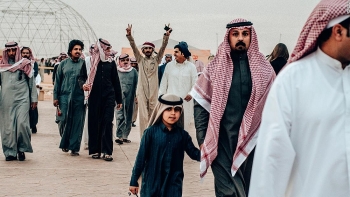 17 Weirdest Things in Saudi Arabia 17 Weirdest Things in Saudi Arabia Everything from the royal family to the delicious food to the bustling cities of Riyadh and Jeddah. The people, history, and culture of Saudi Arabia ... |

